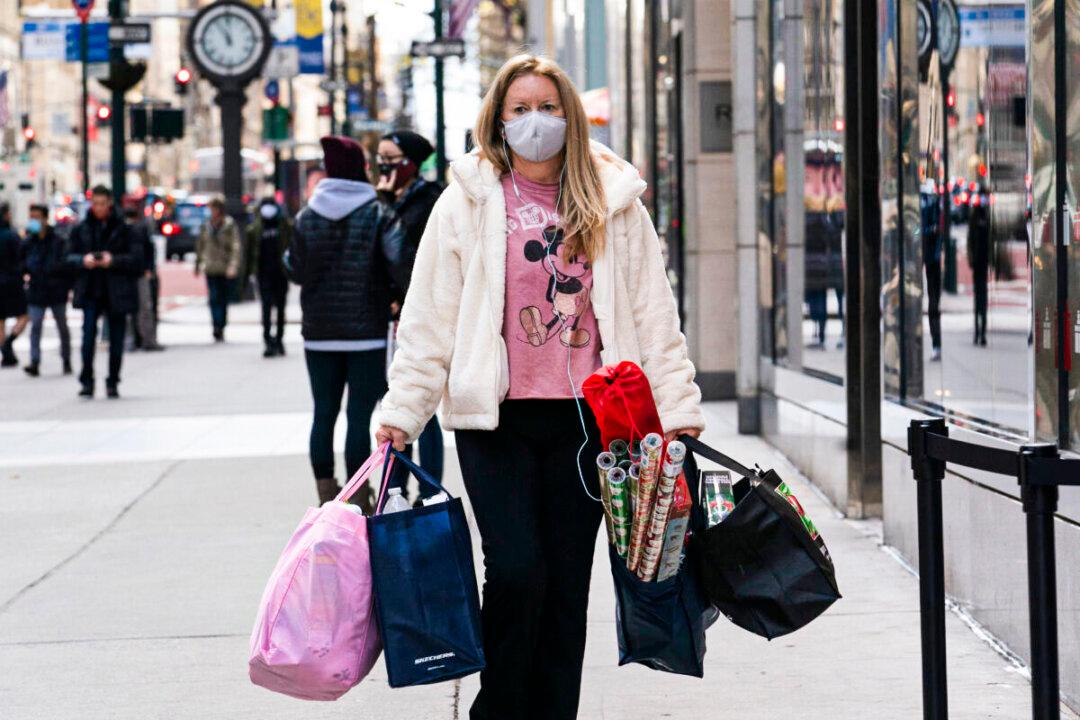Americans plan to spend more this year on Black Friday and Cyber Monday than last year, according to a new report from Boston Consulting Group (BCG), which indicates that retailers may be in for a windfall at the start of the busy holiday shopping season.
The report (pdf), released last week, shows that Black Friday and Cyber Monday have become an integral part of America’s shopping calendar, with more than 93 percent of U.S. consumers aware of the retail significance of those days, and over half of those who know about them declaring their intention to hit stores to hunt for deals.





